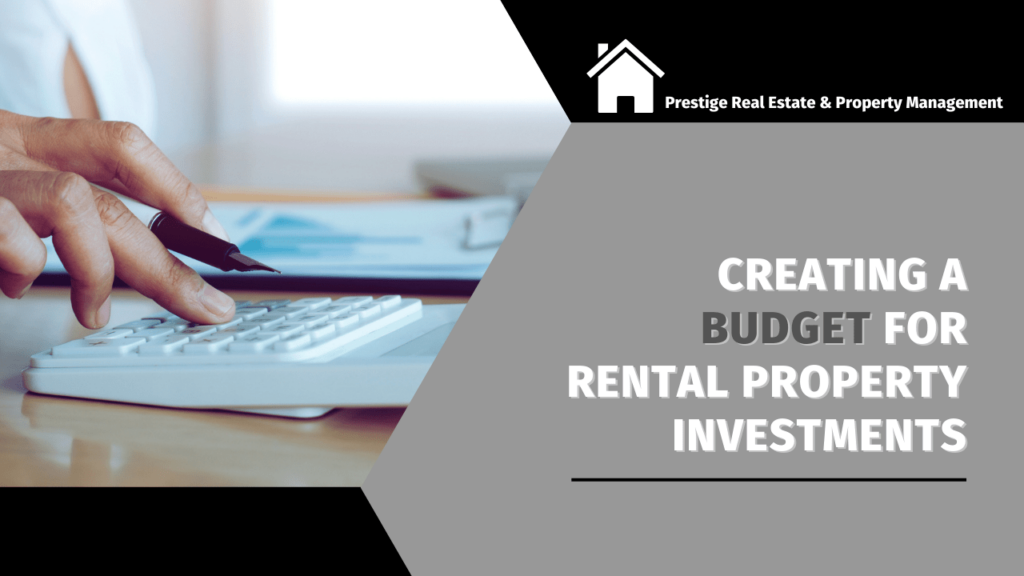
As a real estate investor, you know that setting a budget for your Santa Rosa investment property is an essential part of making sure that the property will be profitable. Not only do you need to keep your costs and expenses within your allocated budget, but you also need to forecast what you’ll need for upcoming rental periods. If there’s a new roof in your future, you want to be prepared for it, financially.
Creating a budget for your Santa Rosa rental property investments will require you to think about:
- What you’ll want to spend at the point of investment.
- What you’ll need to spend once you close the deal and rent out the property.
- How you’ll fund expenses such as improvements and updates, emergency maintenance, and vacancies.
This brief list of bullet points does not cover every expense that you’ll encounter as a rental property investor. However, most of the surprise expenses occur when you’re buying the property, leasing the home, and maintaining it.
Every property will have different and unique budgetary needs. What you spend on maintenance, for example, will depend on the age and condition of the property. What you spend on vacancy will depend on the strength of the market and the competing properties.
Outside of the variables that cannot be controlled, let’s take a look at how you can best budget for the needs of your Santa Rosa rental property.
Budgeting When you Invest in a Santa Rosa Rental Property
You’re likely prepared for the obvious expenses when you actually invest in a rental home. The cost of the property, for example. There will be closing fees as well as commissions. You’ll want to budget for the property inspection and any attorney or broker fees.
Taxes need to be considered before you invest. Get to know the local tax rates and decide how you’ll pay them. Will you pay your local tax agency directly and in full or will you include the tax payments in the escrow account that your lender sets up?
You’ll also need landlord insurance. Make sure you’re fully covered for the actual dwelling as well as liability and loss of rent.
Did you happen to buy an investment property in an HOA? If so, there will be HOA fees to expect. You’ll want to work those into your monthly budget as you take possession of your new investment as well.
These are the recurring expenses that you can count on from month to month and year to year. They likely won’t change much, unless your home value increases or decreases and your tax payment changes as well as the cost of your insurance policy.
Budgeting to Make the Property Rent-Ready
Once you’ve closed the deal and you have keys in hand, what will it cost you to get your new investment property ready to rent?
That’s going to depend on the rental market and the tenants you’re hoping to attract. It also depends on the property itself. If you’ve purchased something that’s already in generally good condition, it won’t cost you much. If your property is older and needs some renovations, you will have to budget a bit more.
Start by budgeting for vacancy. How long will it take you to get the property ready for the rental market? Time is money – you’ve heard that before – and budgeting for your time is just as important as budgeting other resources. The faster you’re able to get your property onto the rental market, the less money you’ll lose in maintenance.
Perhaps you think it will take you two or three weeks to get the home ready to rent. In that case, budget for a full month of vacancy. Once you make those repairs and renovations, you’ll still have to market the home, show the property, and sign the lease before you can move a tenant in and begin collecting rent.
The time you budget depends on the work that’s needed. If there are simple cosmetic changes needed and not much more, you’re in a much stronger position and you’ll find it easier to budget and complete the work. If there’s something major that’s needed, like a full kitchen renovation or brand new flooring, you might have to give yourself a little more time and plan to spend a little extra money.
Maintenance Costs vs. Upgrades: How to Budget
What you spend on maintaining the property will be different from what you spend making upgrades and improvements. You need to budget for both.
- Budgeting for Maintenance
Before you list your rental property and look for tenants, you must make sure that your rental home is safe, functional, and habitable. This is a legal requirement for all Santa Rosa landlords, and there’s no sense in bringing prospective tenants to the home if there are still obvious repairs needed. Tenants are not going to want to see leaking pipes or damaged window screens. Why would they want to rent the home if a toilet isn’t flushing or the heat doesn’t work?
Everything must be well-maintained and functional before you list the home. You’ll have to keep up with maintenance, too. Make sure there’s a preventative schedule in place, otherwise you’ll find yourself responding to emergency maintenance requests time and time again. The best way to limit those disruptive and expensive repair requests is by taking a proactive approach to maintaining your property.
Budgeting for these repairs before and throughout the tenancy is well worth your investment. Not only are you providing what you agreed to provide to your tenants, you’re also preserving the condition and value of your asset. Make sure you have the money available so you can pay attention to maintenance and make repairs right away. That’s what a maintenance budget is for.
Deferred maintenance is expensive. You won’t have to worry about that if you’re on top of your preventative and routine maintenance responses.
Some property owner will budget a specific amount every month. Others will put away a percentage of the rent that comes in. Work with whatever method makes the most sense for you. Just make sure there’s a reserve you can draw upon when you need it.
- Budgeting for Upgrades and Improvements
It can be difficult to put money into a property when you’re trying to earn more and spend less. But, when you pay for improvements and upgrades, you can expect a return on that investment. This is why we always recommend that rental property owners set up a budget for renovations. It’s ideal to manage these during turnover periods, when you have a vacant rental home.
Unless your property is in terrible condition, a full rehab is probably not necessary. Pay attention to details and make cost-effective updates. New light fixtures, for example, or a tile backsplash in the kitchen will go a long way. Always re-paint the property and check out the condition of the floors.
Santa Rosa Tenancies and Your Budget
It’s not just maintenance and upgrades you’ll have to budget for. You should expect to spend some money on marketing when you have a vacant property. You’ll need to advertise your rental home and get people to come and see it.
Pest control. Landscaping. If you have a pool, you’ll need to pay a pool service. These things need to be part of your budget, too.
And what about property management? Unless you have the time, resources, and expertise to lease, manage and maintain your property on your own, you’ll want to work with professional Santa Rosa property managers. Usually, you can expect to pay a percentage of the rent you earn to your property management company. Luckily, that fee is usually deducted right from your rent, so you don’t have to worry too much about where you’ll find the money. The payment is built-in.
How to Budget for Vacancy
 Unless you manage to place a tenant who continues to renew the lease agreement year after year after year, you will have some vacancy from time to time. A 10-year tenant is ideal, but not exactly common. So, you should decide what your vacancy rate is likely to be and budget for those weeks or months that you won’t have rent coming in.
Unless you manage to place a tenant who continues to renew the lease agreement year after year after year, you will have some vacancy from time to time. A 10-year tenant is ideal, but not exactly common. So, you should decide what your vacancy rate is likely to be and budget for those weeks or months that you won’t have rent coming in.
What kind of vacancy can you expect? In Santa Rosa, the vacancy rate is usually extremely low. The U.S. Census Bureau tracks residential vacancies annually, and in 2021, their average was 5.8%. Our market is way below that average, falling somewhere in the range of 3.2%, according to the City of Santa Rosa.
We would love to talk with you more about how to budget for your rental property investments. While we can easily provide general information, understanding your specific property, its location, and its general condition allows us to give you some customized and specific direction when it comes to budgeting.
Please contact us at Prestige Real Estate & Property Management. We manage homes in Sonoma County, including Santa Rosa, Windsor, Sebastopol, Petaluma, and Rohnert Park.
